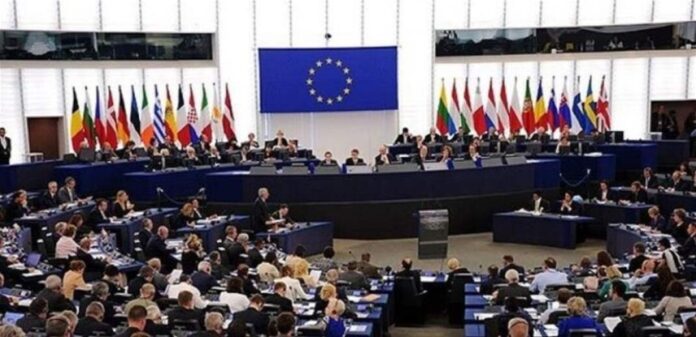Author: Tarek Megerisi
Affiliation: European Council on Foreign Relations (policy fellow)
Organization/Publisher: European Council on Foreign Relations
Date/Place: January 22, 2021/Berlin, Germany
Type of Literature: Policy Brief
Number of Pages: 19
Link: https://ecfr.eu/publication/spoiler-alert-how-europe-can-save-diplomacy-in-libya/
Keywords: Libya, Europe, Haftar, Russia, UN
Brief:
Europe’s incoherent and competing policies on Libya have resulted in its mismanagement of the conflict. For Europe to stop inflicting damage on Libya with the casting of its consequences back on Europe (terrorism, migration…etc), Europe must act strategically. This policy brief is accordingly commissioned to urge key European actors to take part in a political solution in Libya. Revealing Libya’s political landscape, the fragmentation of its political elite geopolitically between the East and the West (Tripoli and Cyrenaica) with the external intervention of rival powers is making the ongoing political resolution at risk. The UN’s current political resolution and its effort in convening the Libyan Political Dialogue Forum (LPDF) does not mean there is political progress. Regardless of any political gap in selecting political representatives for different institutions and the presence of foreign powers behind Libyan political figures, the disarmament of Haftar’s militia forces and other militias remains key in the Libyan political landscape. Furthermore, the existence of mercenaries with the single goal of merely having a strategic place for their external sponsors complicates and could repeat the scenario of war. But if the European actors in Libya act coherently on key aims, i.e. ending the conflict while working on migratory, security, energy, and economic issues, then the Libyan matter would know a different twist. For example, Italy has focused on the economic field and built relations with the GNA in a bid to stifle the migration waves from Libya. On the other hand, France has made a big mistake with its military involvement in backing Haftar’s militia. France, Italy and Germany must get lessons from their past in Libya, and must act coherently. Additionally, these EU main actors must stand against spoilers (Russia, UAE and Egypt), particularly with the new American administration that supports a political resolution in Libya. Although this policy brief proposes long-term strategic points, the authors’ advice is utopian and perplexing. Such proposals are utopian as these very same European actors have competed against each other in Libya since World War II, with the harsh competition having led these countries to divide Libya into European areas of influence. Furthermore, then prioritizing these nations as the key European actors to take the lead to end the conflict in Libya that they themselves have exploited is perplexing, as it would grant the European actors a legitimized say over the state decision makers. The authors seem to not want Libya having total sovereignty. It is contradictory that the authors selected key European actors although the authors themselves expose the same actors’ involvement in spoiling and aggravating the Libyan political landscape. These “key” European nations have sided and supported political fragmentation.
By: Imad Atoui, CIGA Research Associate




